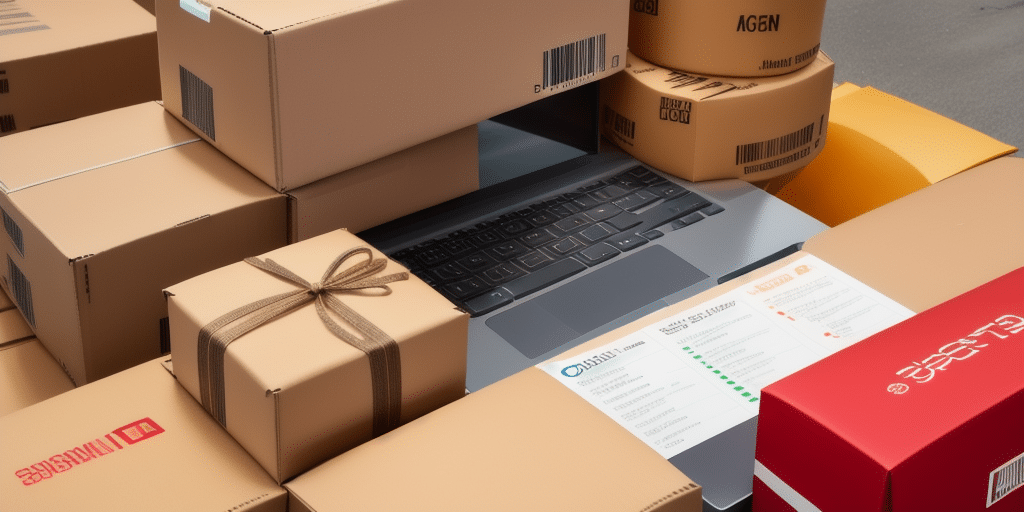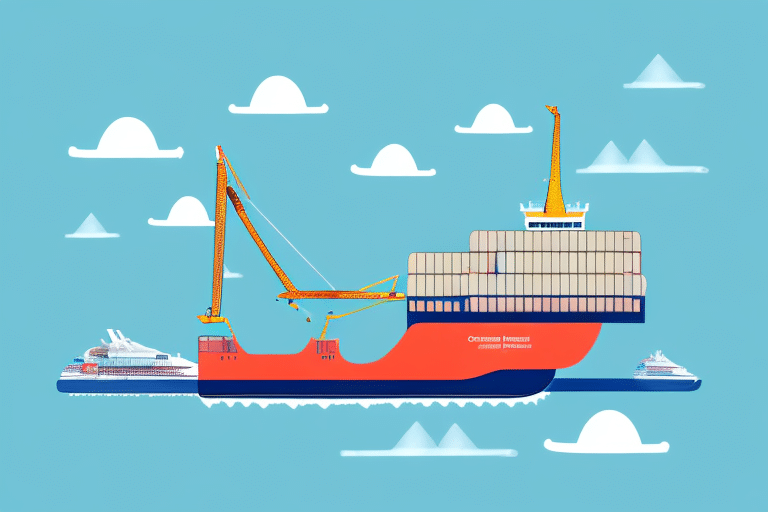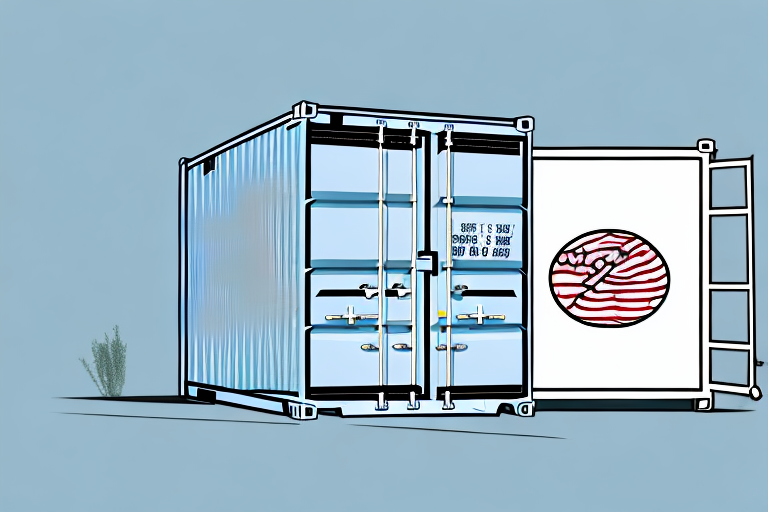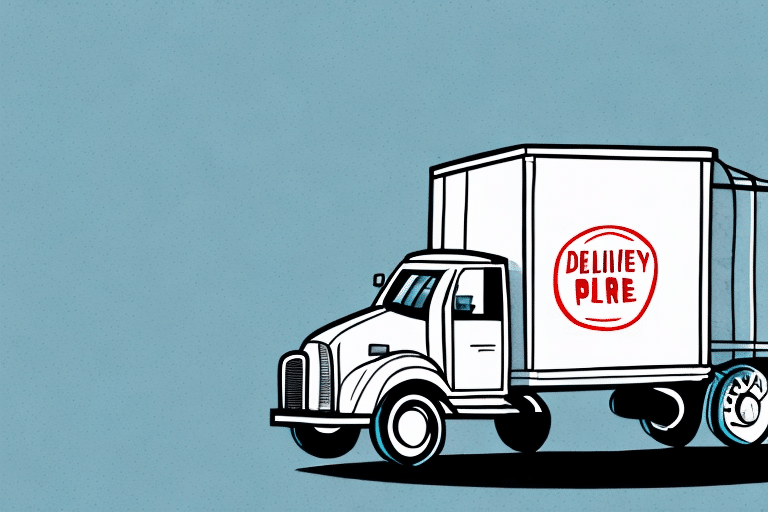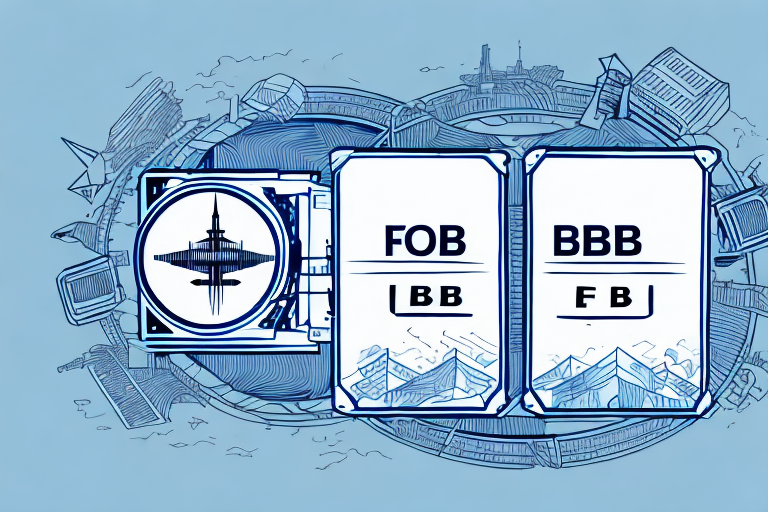Introduction
International trade involves numerous parties, regulations, and agreements, making it a complex field. One key concept that plays a critical role in international transactions is the FOB point of origin.
Understanding FOB and Its Role in International Trade
What is FOB?
FOB stands for "Free on Board" and denotes a specific point in the shipping process where ownership and liability of the goods transfer from the seller to the buyer. Essentially, FOB defines where the legal responsibility for the goods changes hands. Once the goods are loaded onto the transportation vessel, the buyer assumes liability for them. For a detailed definition, refer to the International Chamber of Commerce's Incoterms 2020.
Types of FOB Terms
There are different variations of FOB terms, including:
- FOB Destination: The seller retains responsibility for the goods until they reach the buyer's location.
- FOB Shipping Point: The buyer assumes responsibility once the goods are loaded onto the transportation vessel at the seller's location.
Comparing FOB with Other Incoterms
FOB is one among several International Commercial Terms (Incoterms) that define the responsibilities of buyers and sellers in international trade. Other common Incoterms include:
- CIF (Cost, Insurance, and Freight): Includes the cost of insurance and freight, with the seller responsible until the goods reach the port of destination.
- EXW (Ex Works): Places the responsibility for loading and transportation solely on the buyer, with the seller only required to make goods available at their premises.
Choosing the appropriate Incoterm is crucial for defining responsibilities, costs, and risk transfers between trading parties. For more information, visit the World Trade Organization.
Benefits and Challenges of Using FOB
Benefits of FOB
- Clarity in Responsibility: Clearly defines who is responsible for the goods during different stages of transportation, reducing potential disputes.
- Cost Management: Helps buyers and sellers understand who bears transportation and insurance costs, aiding in better cost planning.
- Simplified Logistics: Provides a clear framework for the shipping process, facilitating smoother transactions.
Challenges of FOB
- Determining the Transfer Point: In some cases, especially with multiple modes of transport, it can be difficult to ascertain when ownership and responsibility transfer.
- Risk of Damage or Loss: If goods are damaged or lost before the FOB point, determining liability can lead to disputes.
- Regulatory Differences: Varying legal and regulatory requirements across jurisdictions can complicate FOB agreements.
Best Practices for Managing FOB
Negotiating FOB Terms
When negotiating FOB terms with suppliers or buyers, it's essential to:
- Clearly Define Responsibilities: Ensure that both parties understand their obligations concerning transportation, insurance, and risk management.
- Review Legal Requirements: Be aware of local laws and regulations that may impact the FOB agreement.
- Use Detailed Contracts: Incorporate FOB terms clearly in contracts to prevent misunderstandings.
Managing Risks
To effectively manage risks associated with FOB, consider the following:
- Insurance: Ensure that appropriate insurance coverage is in place to protect against potential losses during transit.
- Reliable Partners: Work with reputable carriers and logistics providers to minimize the risk of damage or delays.
- Tracking and Monitoring: Utilize tracking technologies to monitor the shipment's progress and address issues proactively.
Legal Considerations
Legal compliance is critical when using FOB terms. Key legal considerations include:
- Documentation: Maintain accurate and comprehensive shipping documents, such as bills of lading and commercial invoices.
- Jurisdiction: Understand which country's laws govern the FOB agreement, especially in case of disputes.
- Compliance with Trade Regulations: Ensure adherence to international trade laws, including import/export restrictions and tariffs.
Future Trends and Misconceptions about FOB
Common Misconceptions
- FOB Applies Only to Sea Freight: FOB can be applied to any mode of transportation, including air, rail, and road.
- FOB Defines Both Ownership and Transportation Responsibility: FOB specifically refers to the transfer of ownership and risk, while transportation responsibilities may be detailed separately in the contract.
Future Trends and Innovations
The use of FOB in international trade is evolving with advancements such as:
- Blockchain Technology: Enhancing transparency and traceability in the shipping process.
- Automated Documentation: Streamlining paperwork and reducing errors through digital solutions.
- Smart Contracts: Implementing self-executing contracts that automatically enforce FOB terms based on predefined conditions.
Conclusion
FOB is a fundamental concept in international trade, clearly defining when ownership and liability of goods transfer from seller to buyer. By understanding and effectively managing FOB terms, businesses can minimize risks, control costs, and ensure smoother transactions. Staying informed about best practices and future trends will further enhance the efficiency and reliability of international trade operations.

